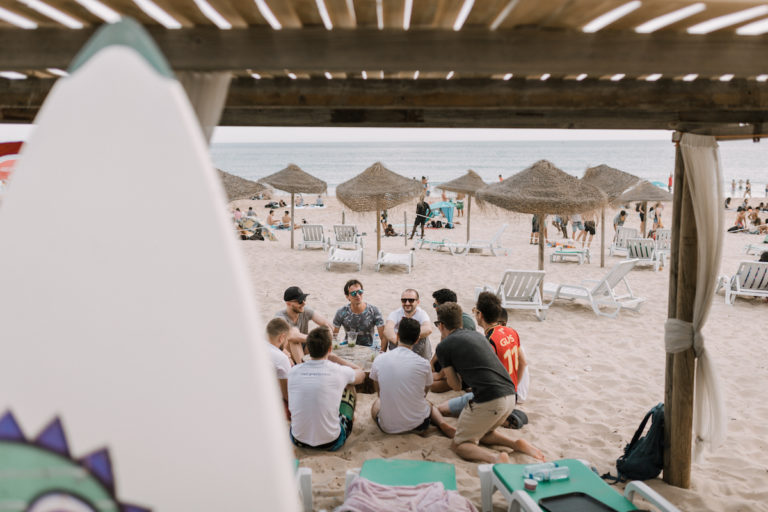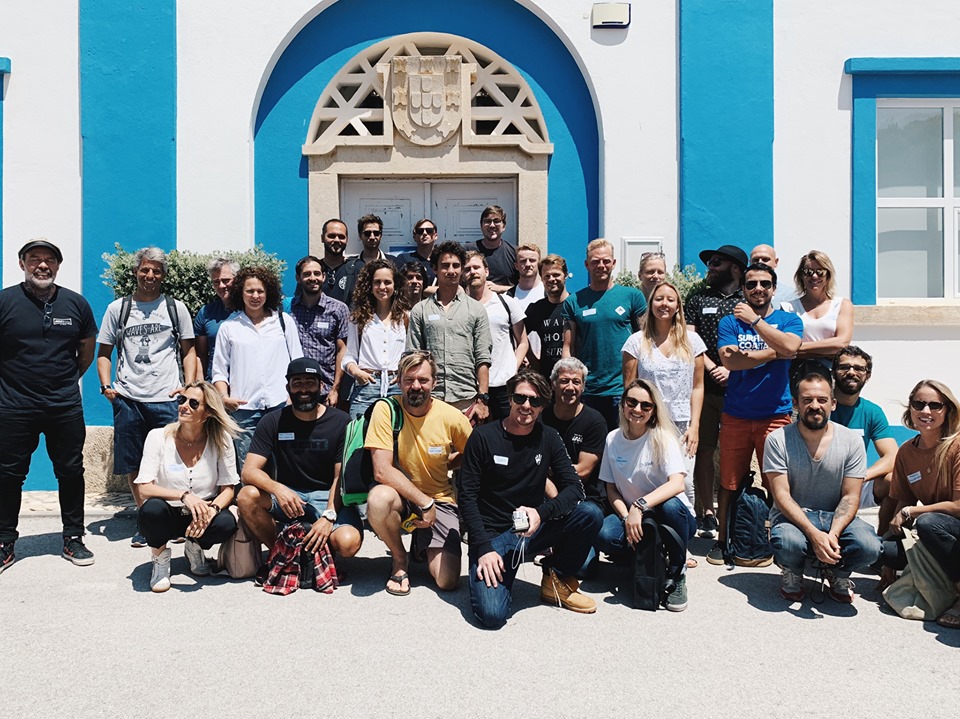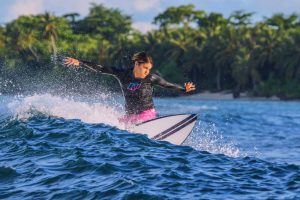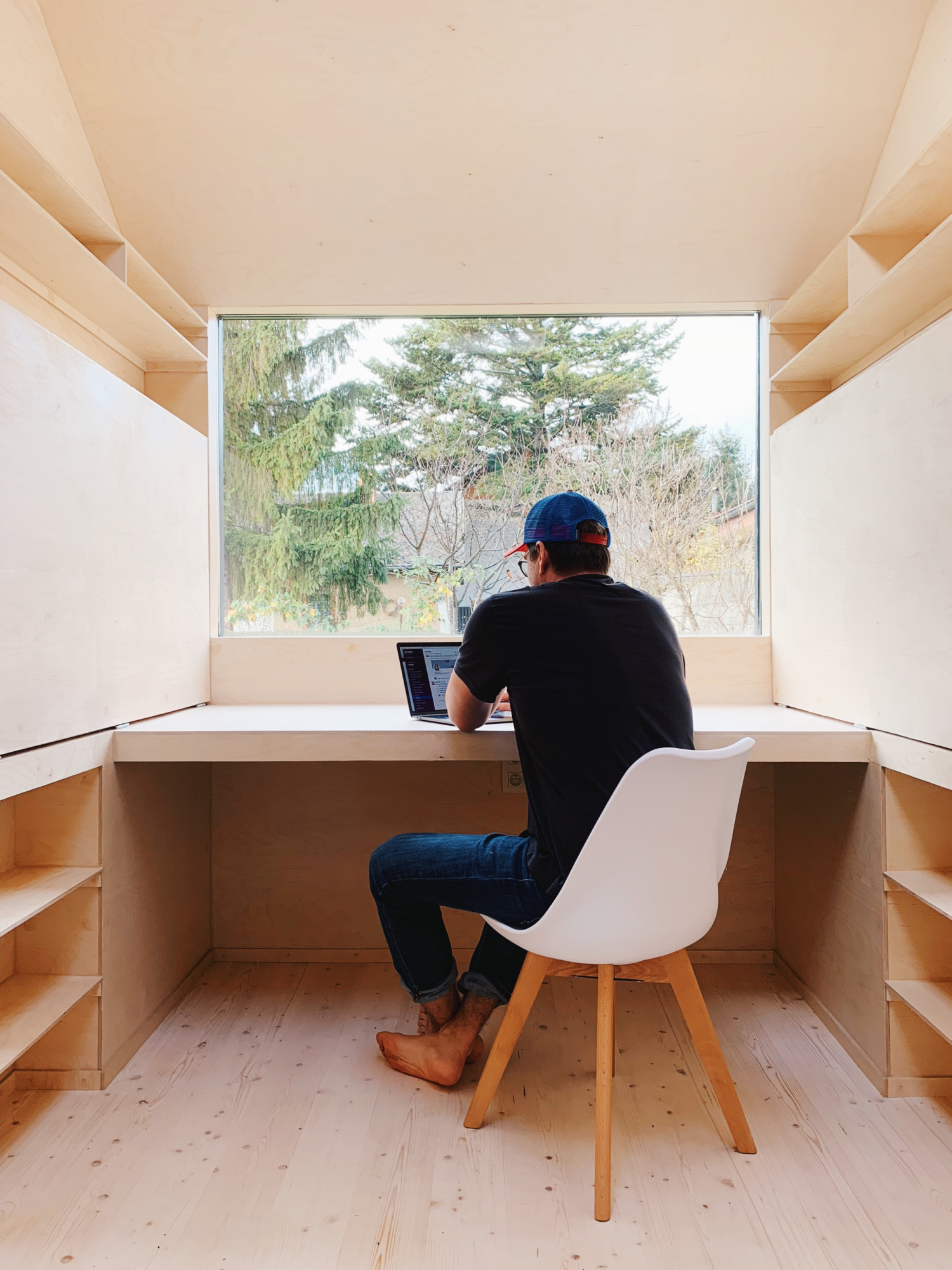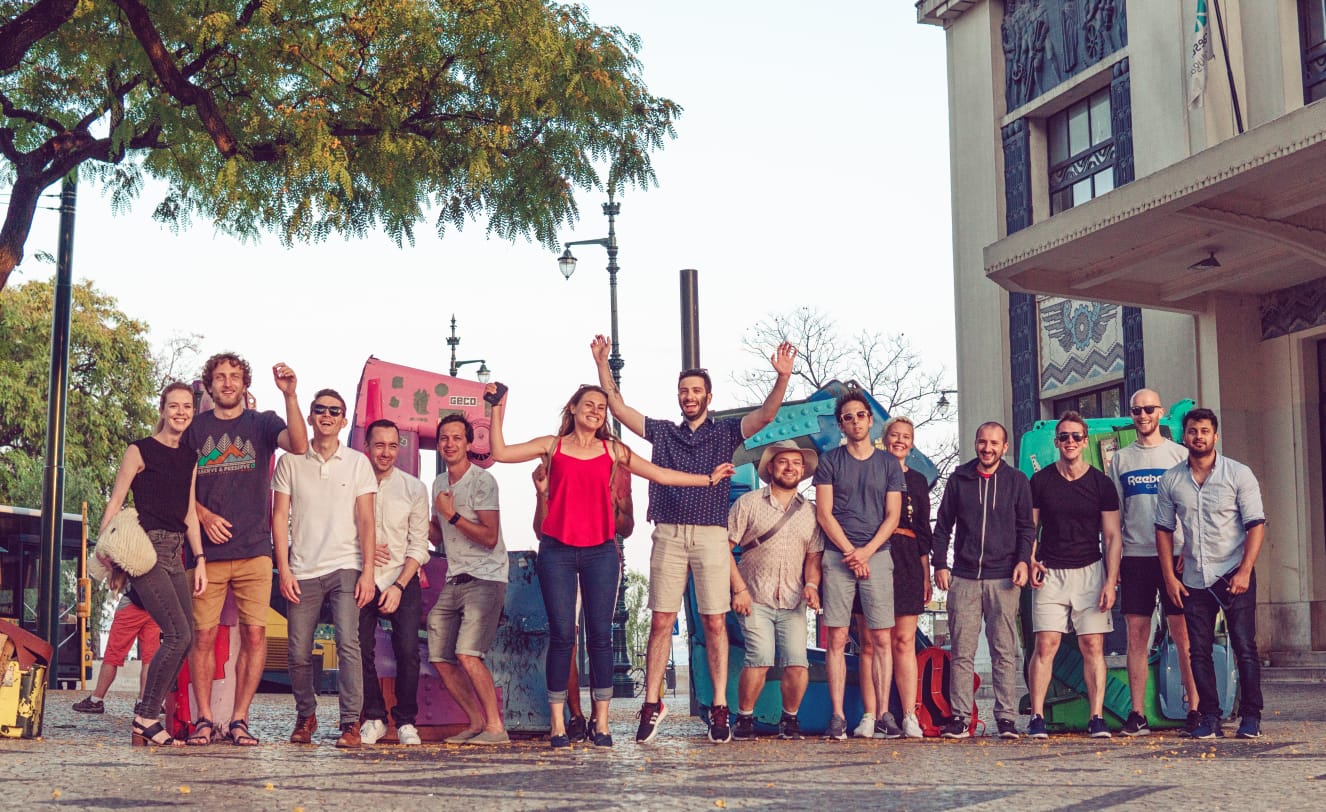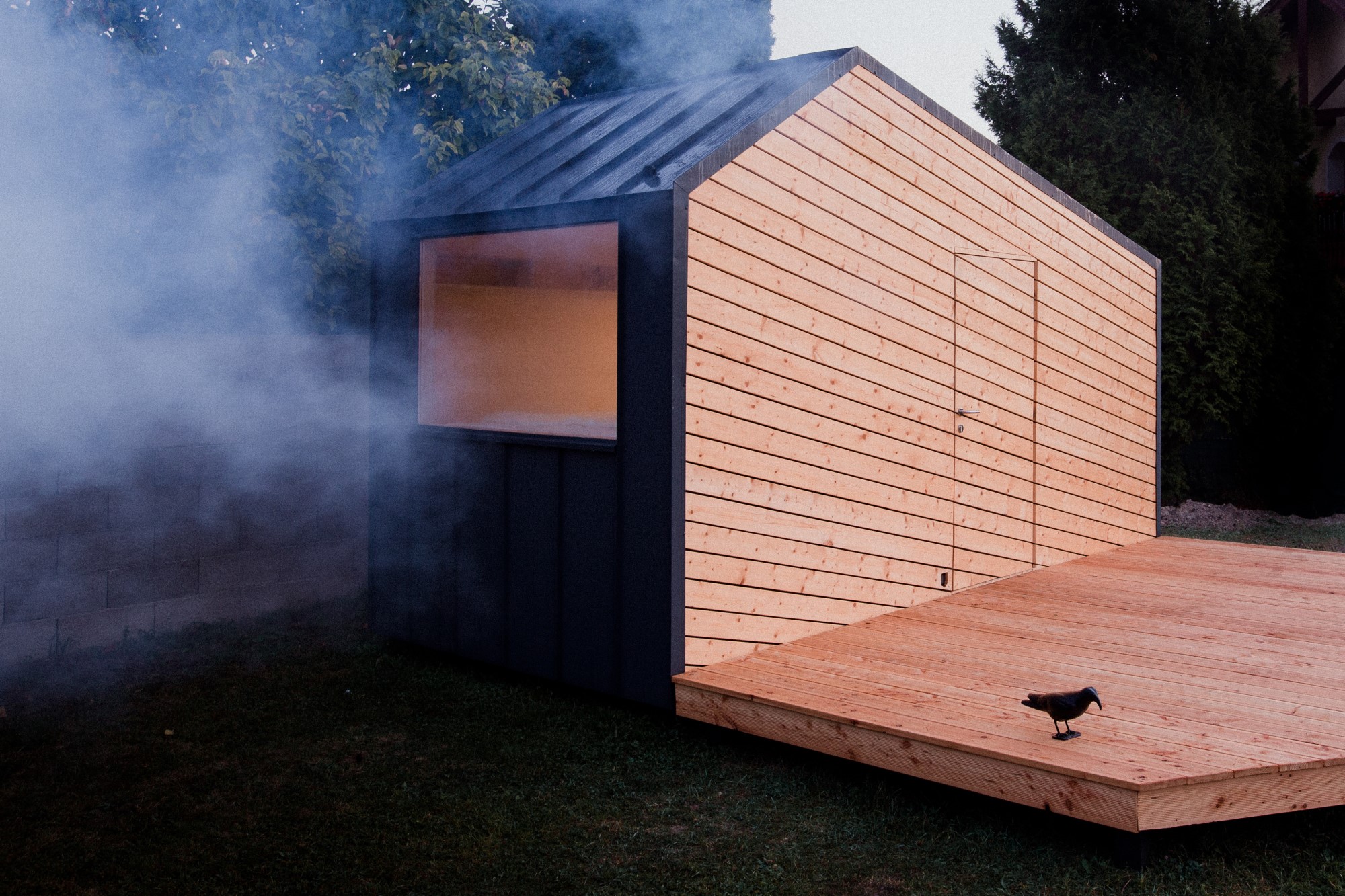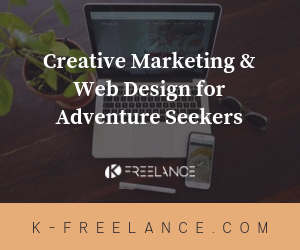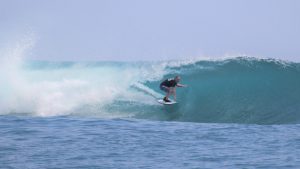
Episode 23: Meet Nigel McBride, Founder of Wave Chaser
Today, I got to sit down for a chat with Nigel McBride. Nigel is from Australia and grew up along the shores of the Pacific Ocean between Sydney and Queensland. He was invited to join the elite surfers of the Snapper Rocks Surfriders Club at the ripe age of 12 growing up in a competitive surfing environment. But fate had an other path for him, leading him through the military and out the other end as a fierce entrepreneur in the automotive industry.
Nigel has returned to his passion for the ocean and created a hi-tech range of hybrid water crafts…

